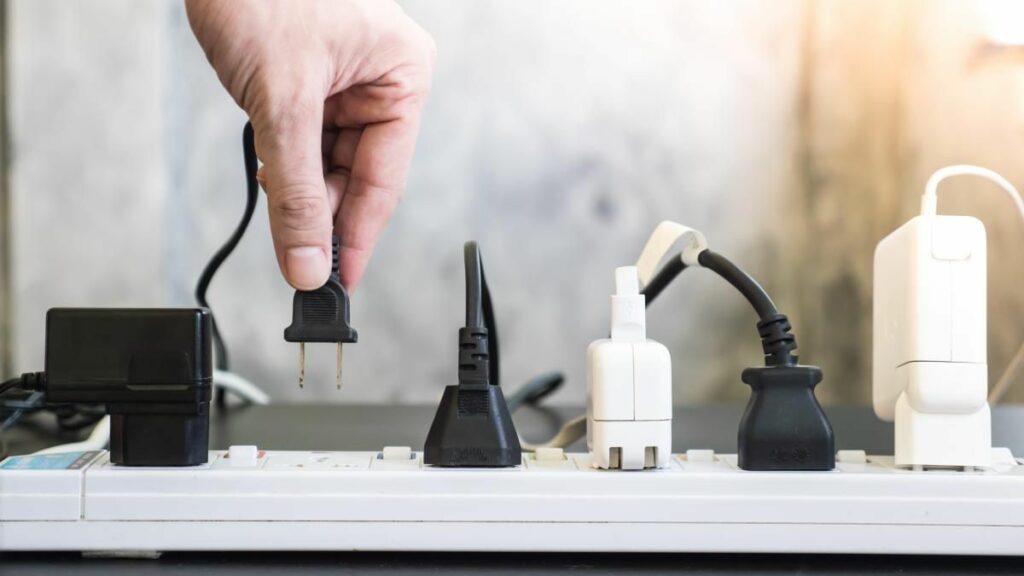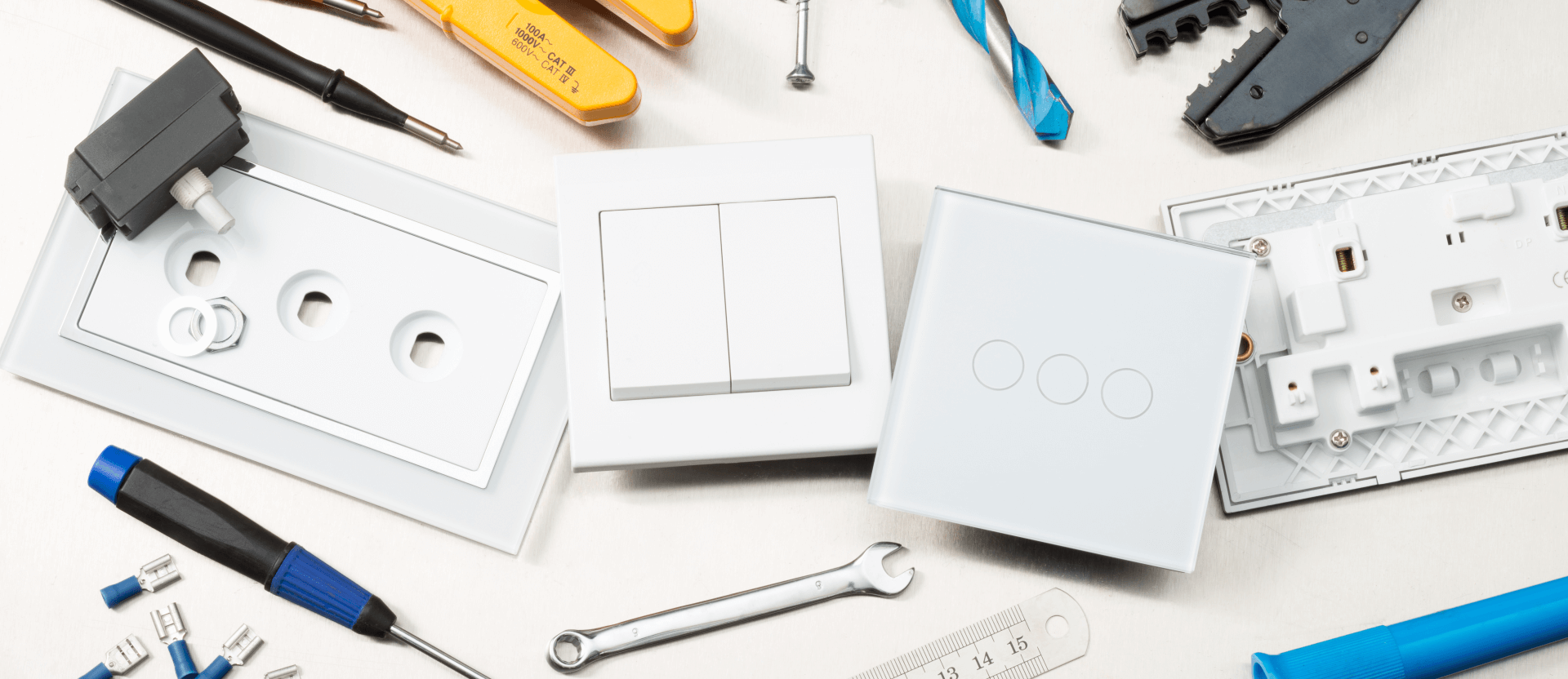How does electrical shock occur and how can it be prevented?
Electricity represents a huge danger to virtually every workplace, and those who are employed there. When someone is shocked due to an electrical problem it can range from a mild injury to a fatal accident, and everything in between. Learning how shocks occur, and how to prevent them, is a key component of any workplace safety program.
How do Electrical Shocks Occur?
An electrical shock will occur whenever the human body comes into contact with a source of voltage. Even if there isn’t direct contact with the source of the electricity, a shock can occur if the electrical current travels through the air and into contact your hair or skin. The severity of the shock will depend on the voltage of the current that is present. High voltage shocks can cause burns, muscle twitching, cardiac problems, and death.

Preventing Electrical Shocks
As the saying goes, an ounce of prevention is worth a pound of cure. Taking the following steps in your facility can help to dramatically reduce the risk of a shock from occurring, which will help to keep your employees safe and your facility protected.
- Proper Electrical Installation – The most important way to prevent electrical shocks is to ensure all electrical equipment is installed properly. A licensed electrician should perform this type of work so that there aren’t any unexpected hazards that could result in an injury.
- Using Personal Protection Equipment – Personal protection equipment can do a lot to help protect employees from electrical shock. This type of equipment can range from insulated gloves to full body suits that can help to stop shocks from occurring.
- Electrical Safety Program – Having a formal program for ensuring electrical safety is very important. For example, a program should restrict the use of extension cords because they can be very susceptible for shocks. In addition, using a lockout-tag out program will help to keep maintenance workers safe.
- Cover sockets and outlets – Covering outlets with wall panels is crucial for preventing accidental contact with wires, and is required by code. If you live with small children, it is also wise to use socket safety plugs to keep curious fingers safe from injury.
- Avoid common mistakes – There are a handful of common mistakes people make when attempting to make electrical fixes in their homes. You need to be aware of these mistakes and take all the necessary precautions to avoid. Some things to avoid are:
- Avoid touching a bare wire that may be conducting a current.
- Avoid overloading power strips and other receptacles with multiple plugs. Using only two plugs per outlet lessens the risk of shock and fire.[10]
- Utilize three-prong plugs whenever possible. The third prong, which grounds the electrical current, should never be removed.
- Never assume that someone else turned off the power source. Always check for yourself!
The important thing is to make sure everyone is well-aware of the hazards that electricity can cause. Many people think of electrical shocks as a minor inconvenience, but when dealing with high voltage equipment, these shocks can be very harmful.

